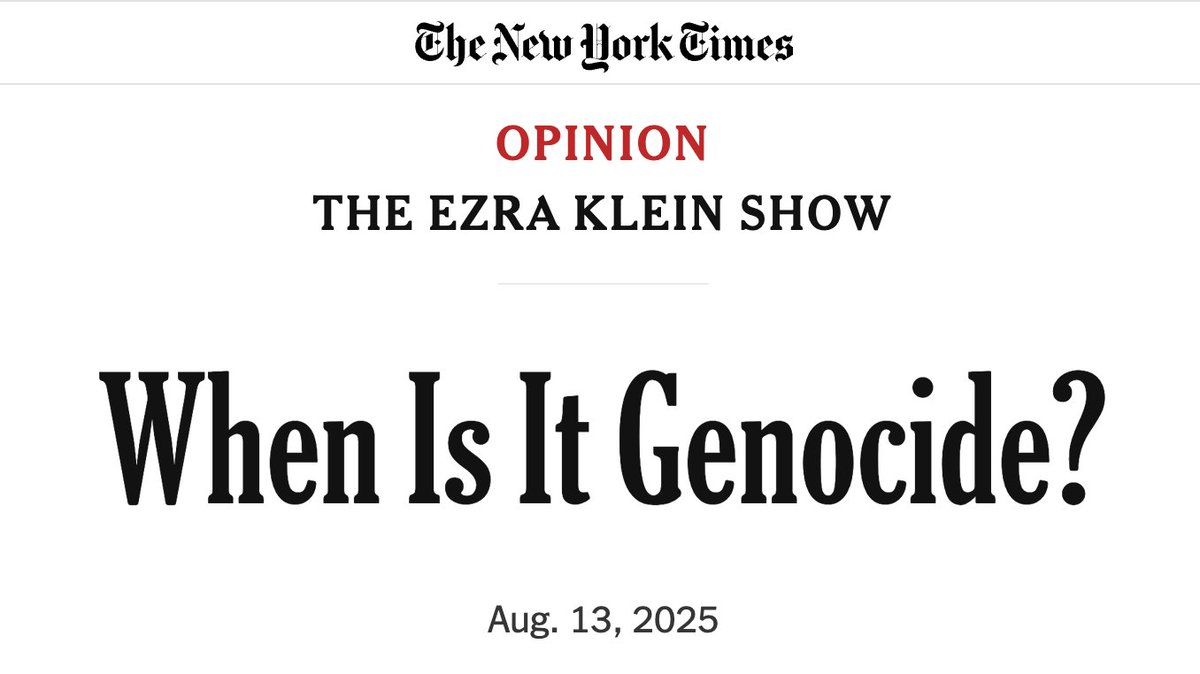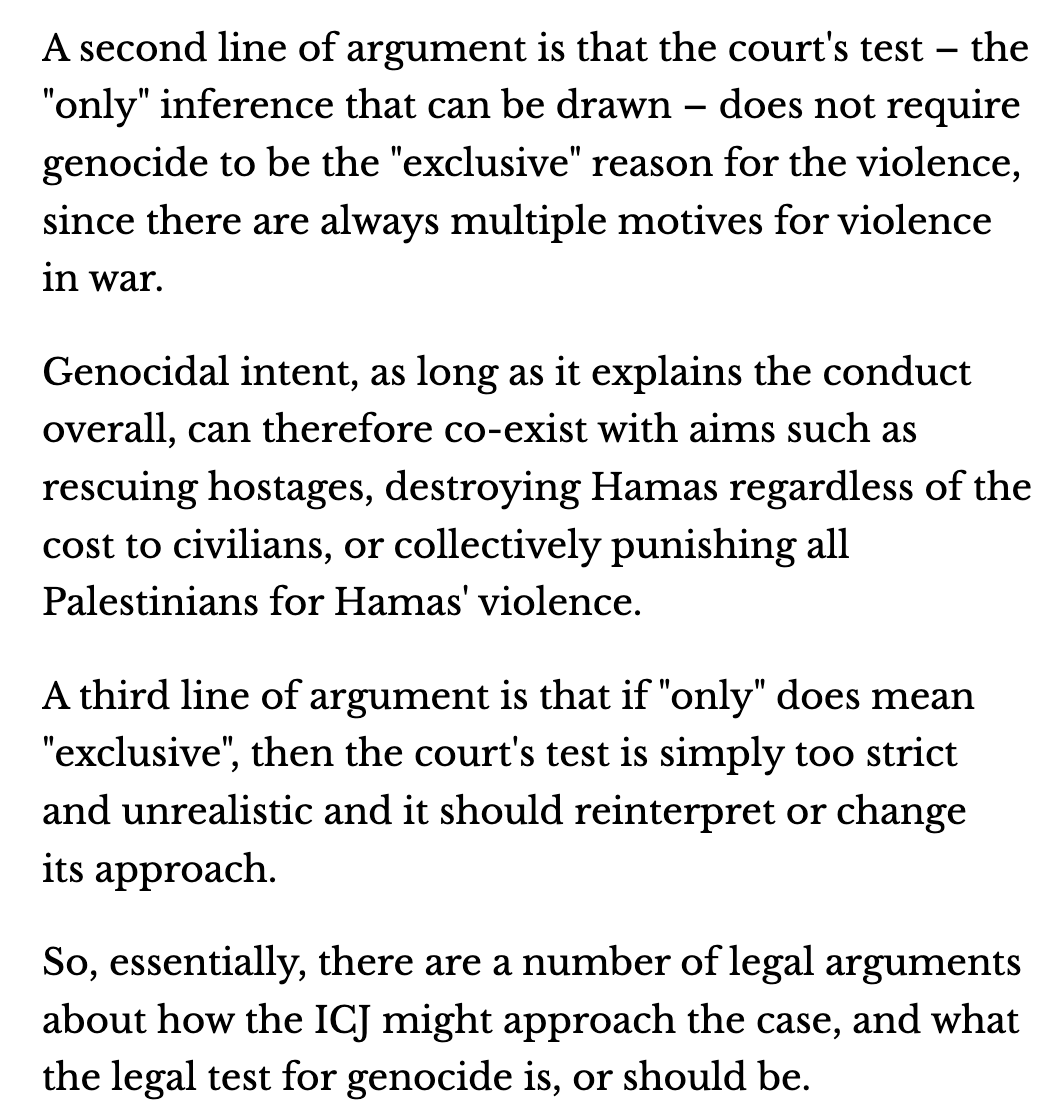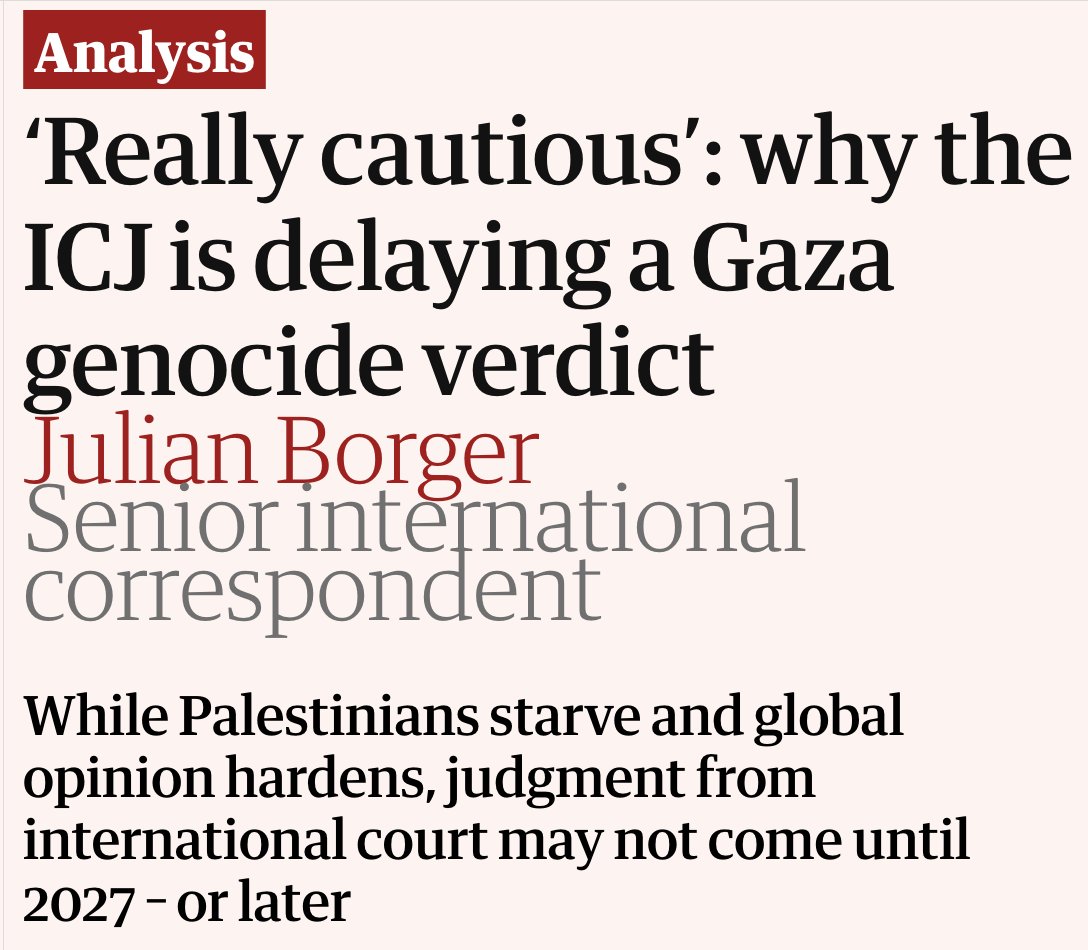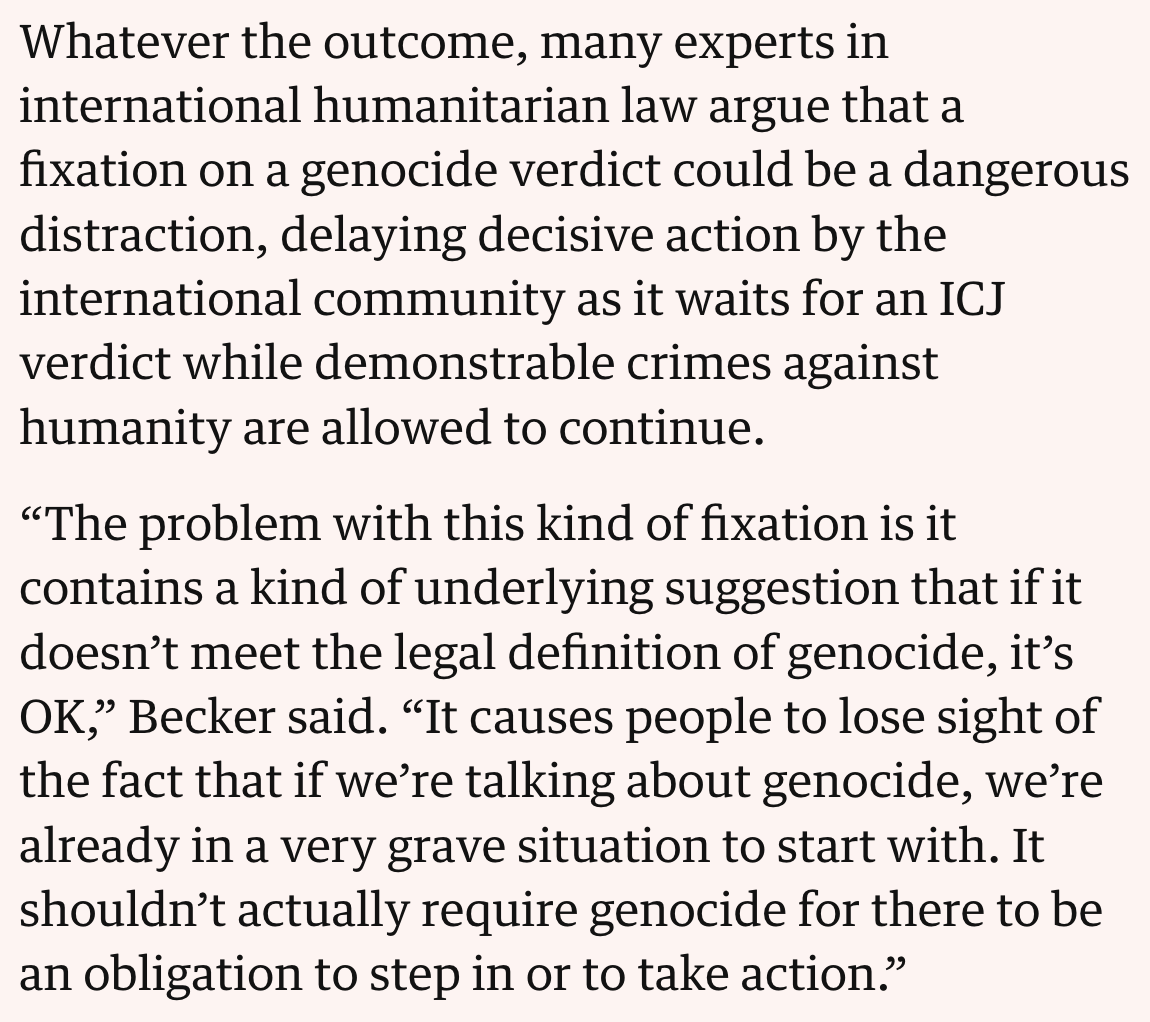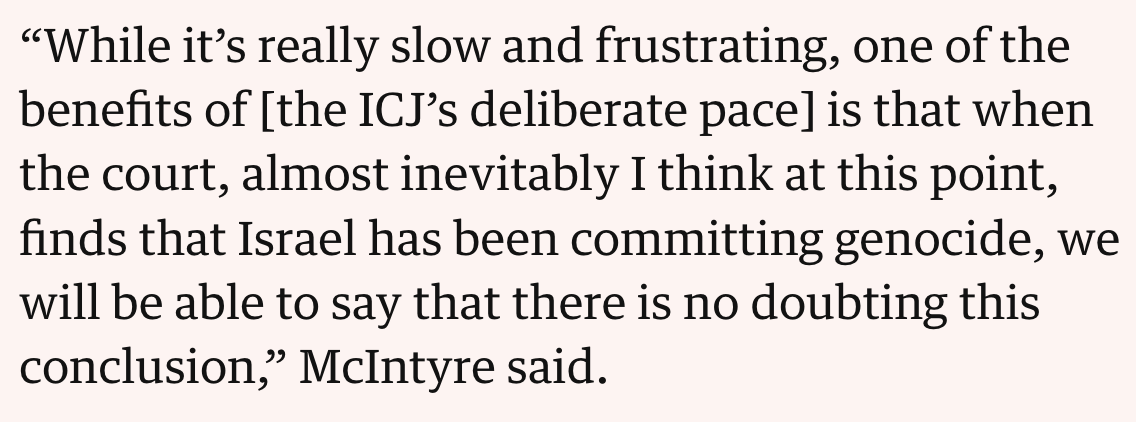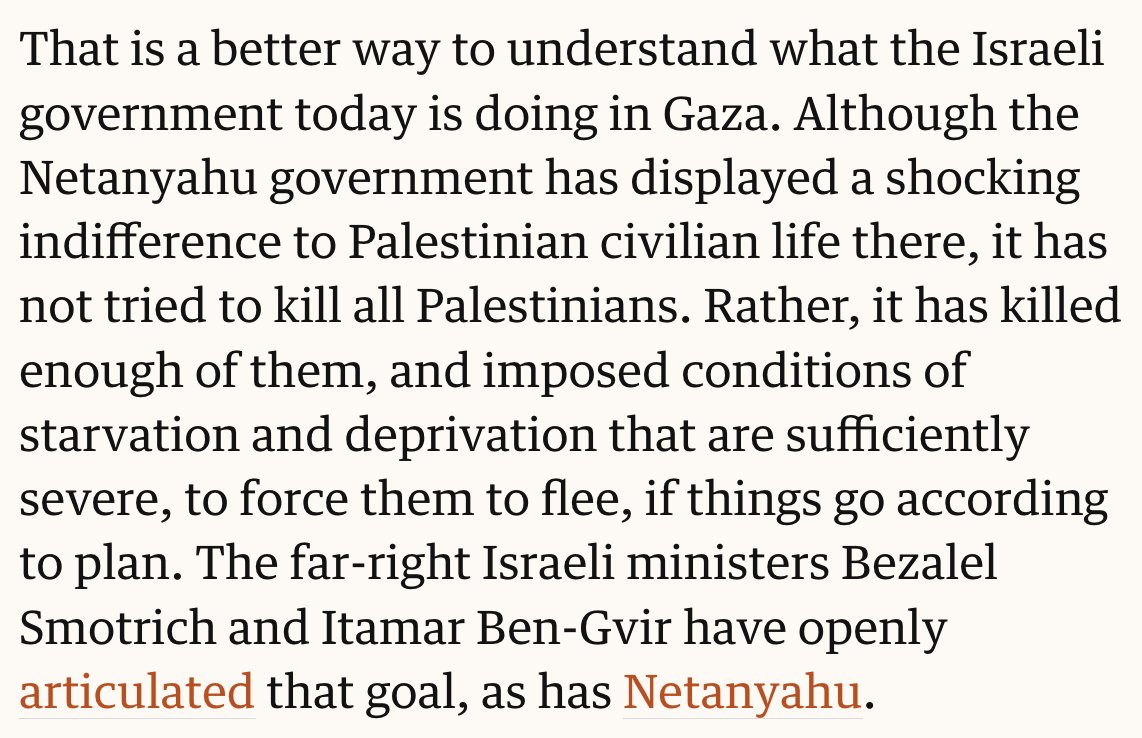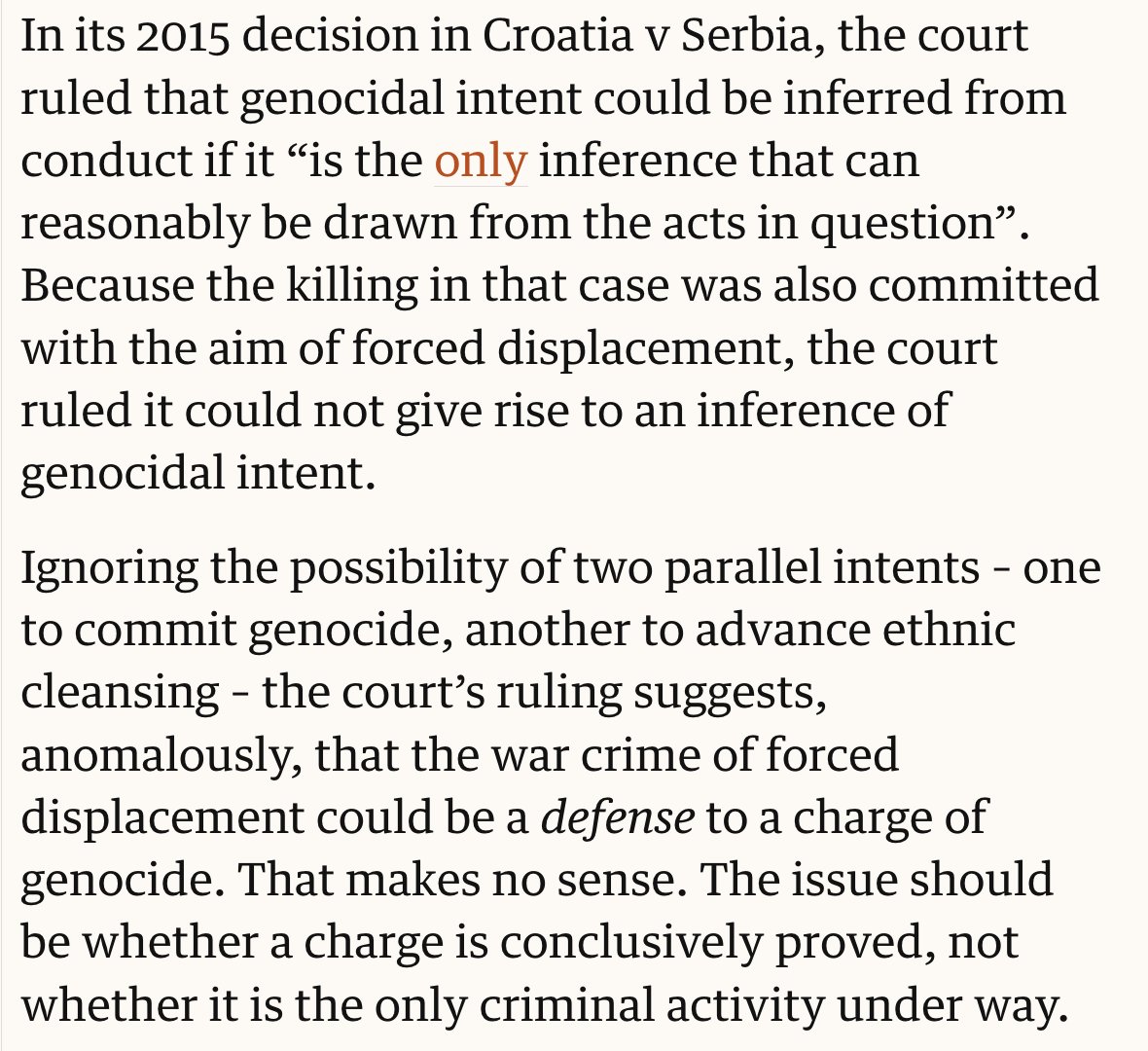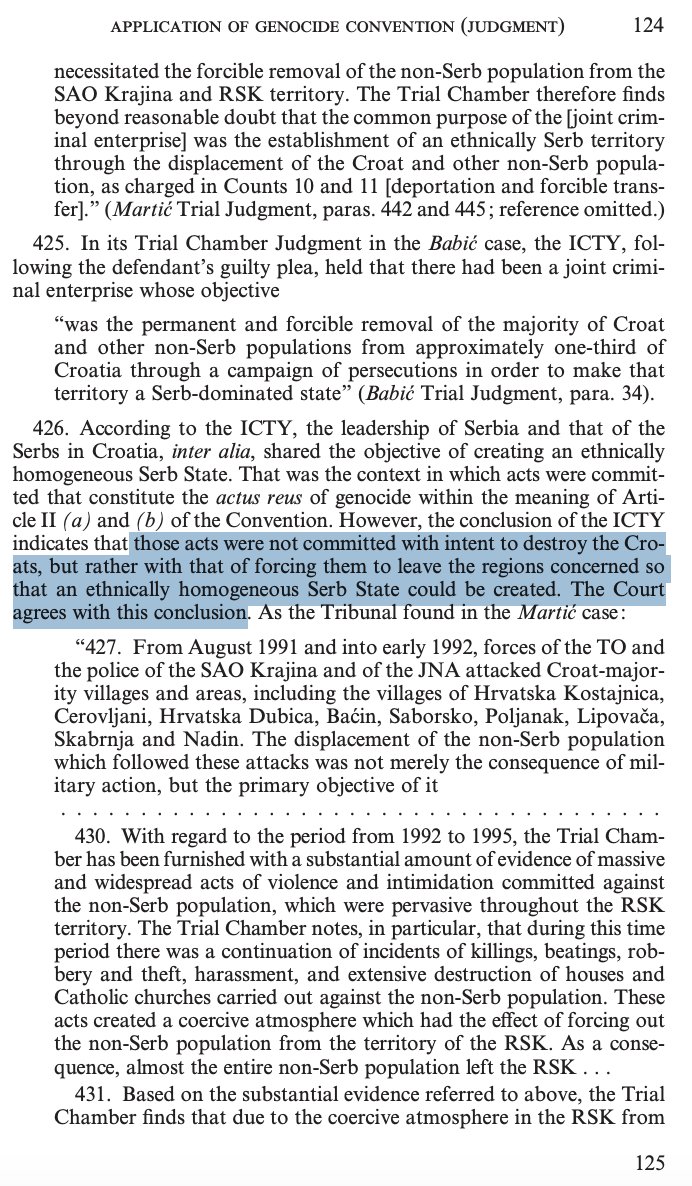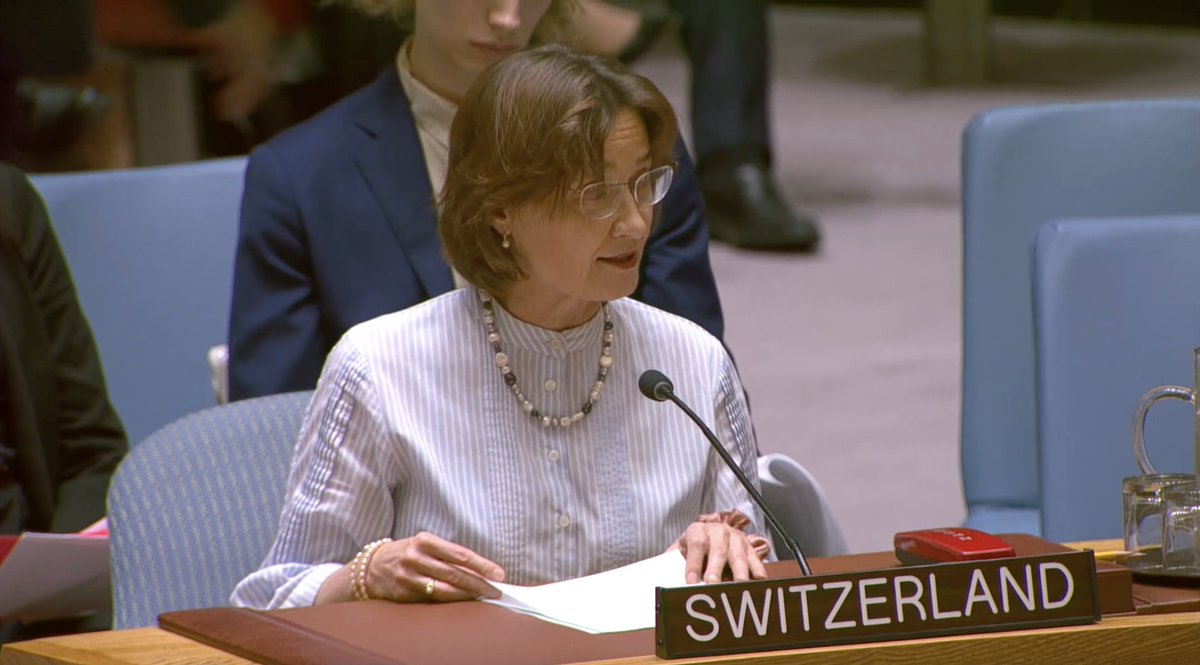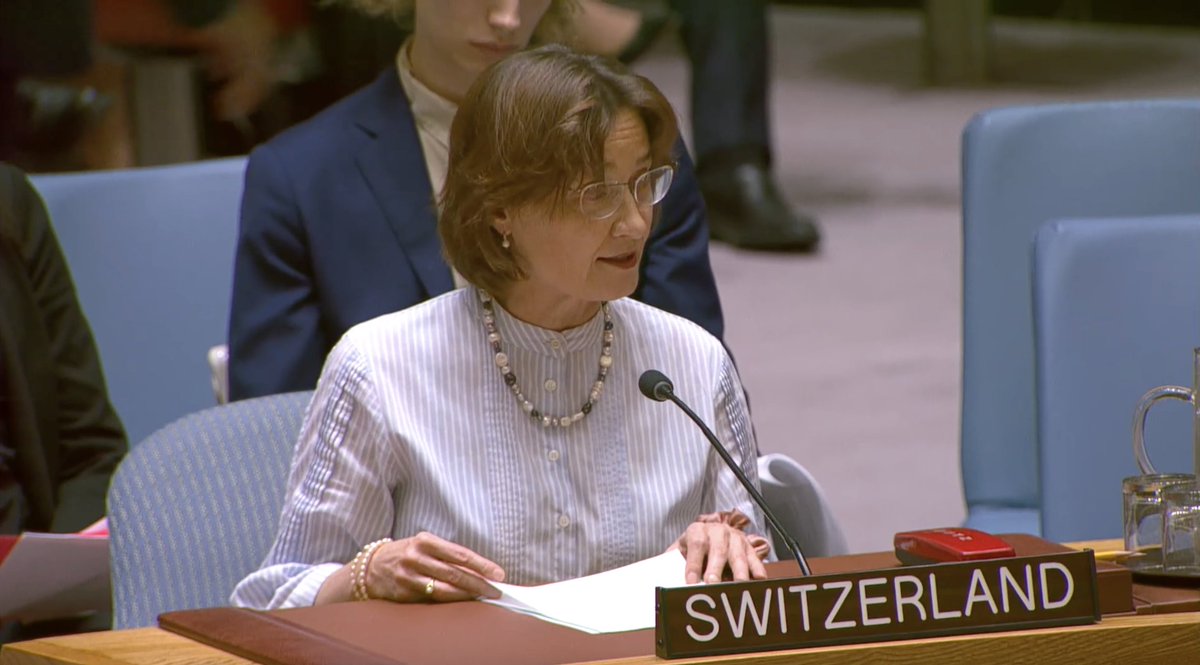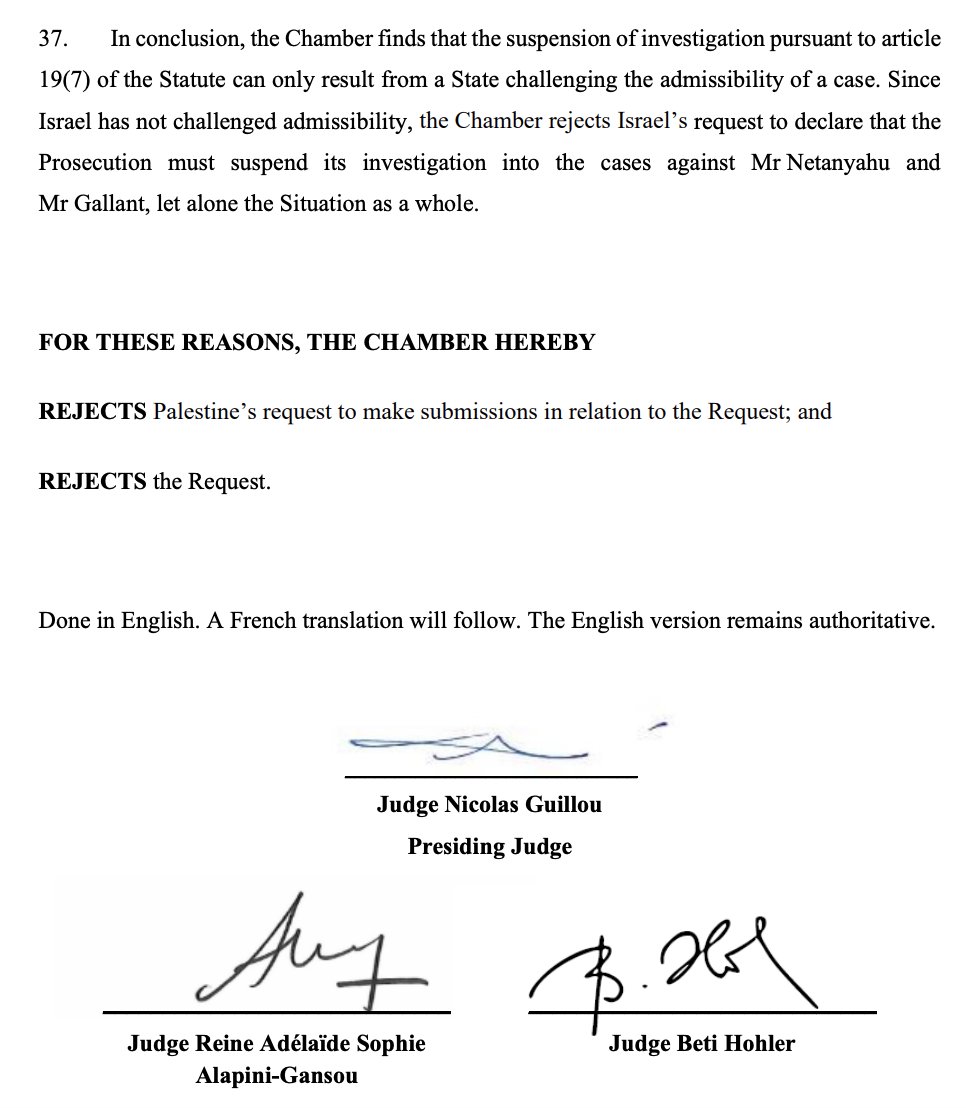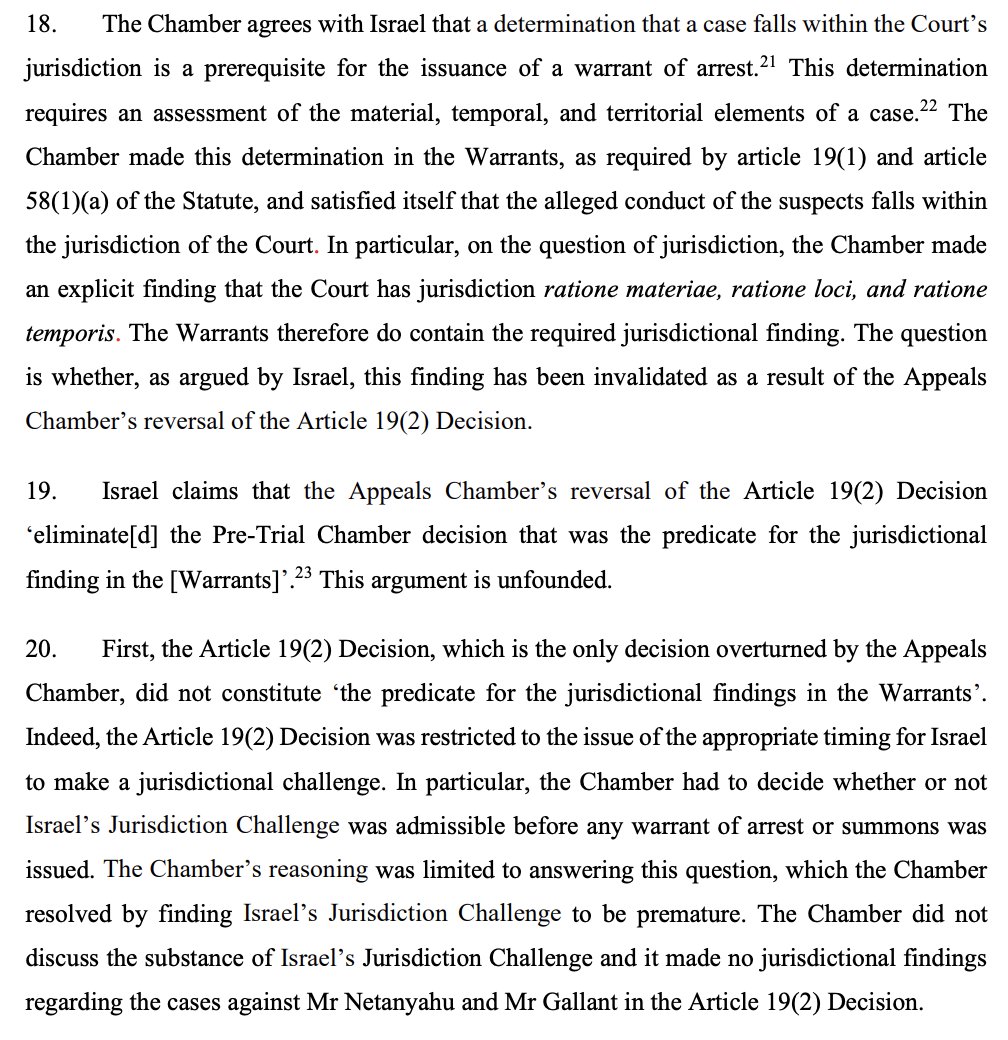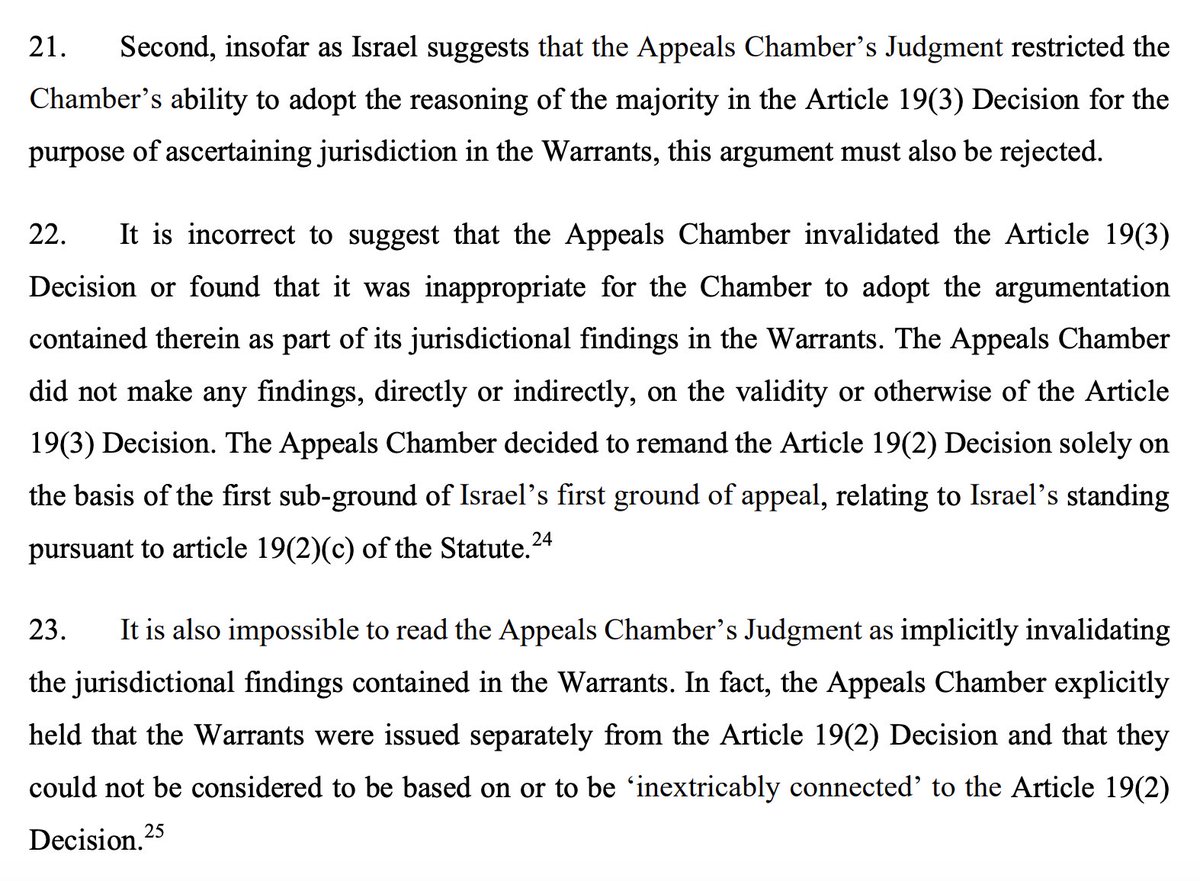Quick THREAD on the Army/Marine Law of Land Warfare Manual, old and new. The original, 1956 Manual was principally written by Richard Baxter. In 1976, it was updated to include the passage below. 1/ 
https://twitter.com/becingber/status/1160889918639542272

If that looks familiar, it should. A variant would appear in Article 57 of Additional Protocol I, which the U.S. signed in 1977 but never ratified. 2/ 

That's pretty good evidence that, in 1976, the U.S. Army considered the "target verification rule" part of customary international law, binding on the U.S. quite apart from API. It is, by the way. 3/
ihl-databases.icrc.org/customary-ihl/…
ihl-databases.icrc.org/customary-ihl/…
Fast forward to 2015, and the rule is conspicuously absent from the 1,200 page DOD Law of War Manual. And the rule doesn't appear in the 200-page Army/Marine Manual released last week. 4/
There are general references to precautions to reduce risks to civilians, but these are most naturally read to refer to risks of incidental harm (cf. API below), not risks of misidentification. 5/ 

The omission of the target verification rule is bizarre, and especially troubling given DoD's express rejection of the rule of doubt. (To its credit, the new Army/Marine Manual accepts the rule as a matter of practice). 6/ 

That's it, really.
Oh, one last thing: the Rapporteurs for the Committee that drafted Article 57 were George Aldrich and Richard Baxter.
fin
Oh, one last thing: the Rapporteurs for the Committee that drafted Article 57 were George Aldrich and Richard Baxter.
fin
• • •
Missing some Tweet in this thread? You can try to
force a refresh


